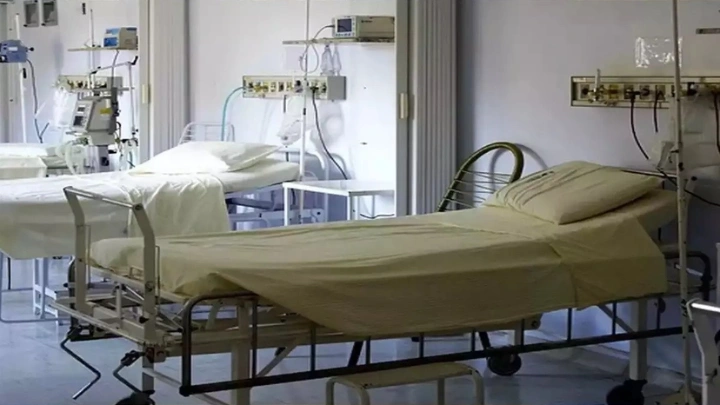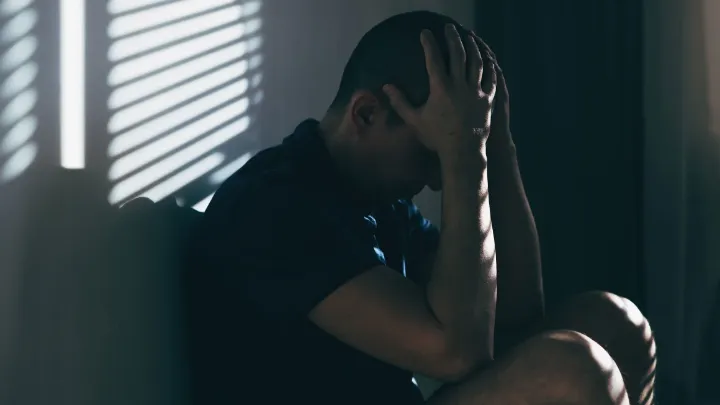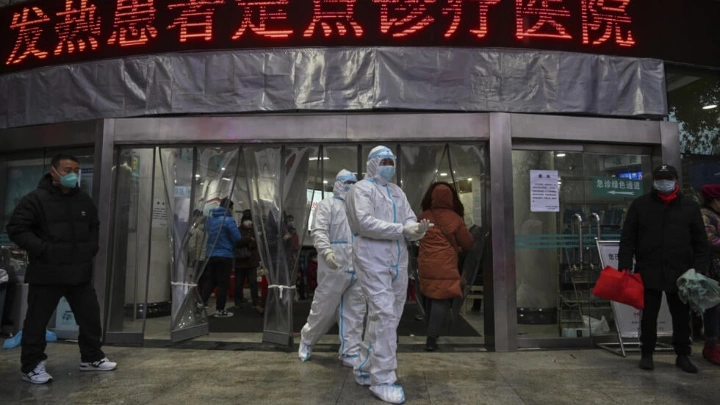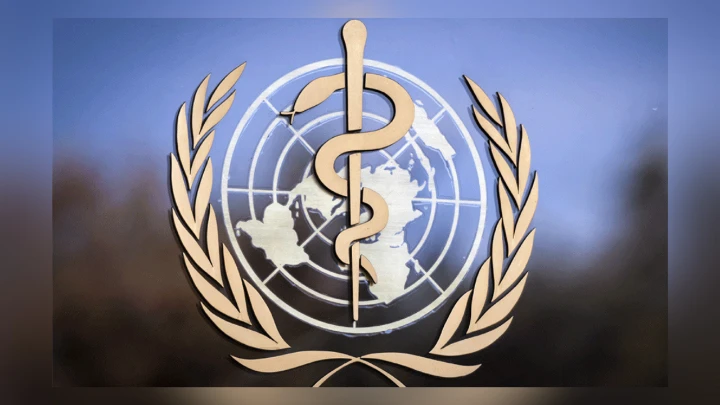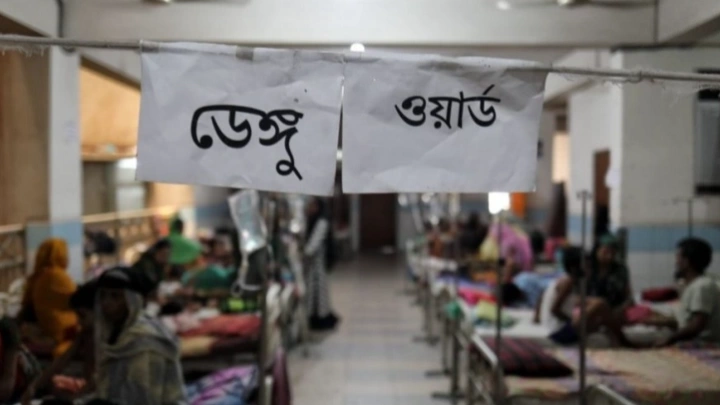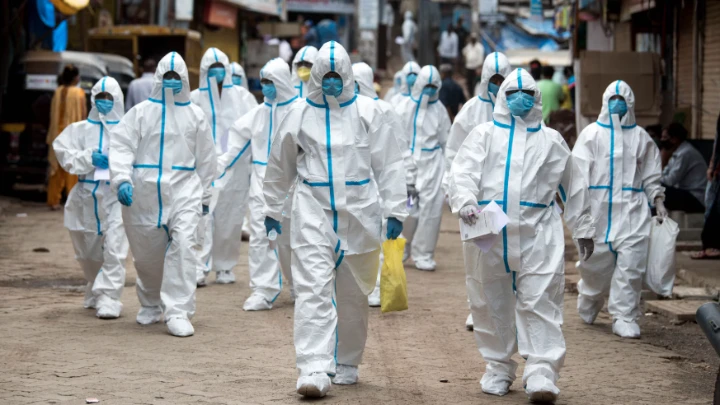China plans joint venture to build hospital in every district
DailySun || Shining BD
China has expressed interest in building a state-of-the-art hospital in each district of Bangladesh through joint ventures, aiming to ensure equitable access to healthcare for all.
The initiative will add 50,000 beds, equipped with modern treatment facilities, to the country’s medical sector, where China is already a major supplier of medical products.
Experts have welcomed the plan which was first discussed on the onset of COVID-19.
Recently, Chinese Ambassador to Bangladesh Yao Wen met Health and Family Welfare Minister Dr Samanta Lal Sen to discuss the plan.
“China is committed to strengthening cooperation with Bangladesh in medical care and health,” Ambassador Yao Wen told the Daily Sun on Tuesday.
Admitting the meeting with the Chinese ambassador, Dr Samanta Lal Sen said, “After I became the minister, the Chinese Ambassador paid me a courtesy visit to the ministry.”
ATM Saiful Islam, additional secretary of the Development Wing at the Ministry of Health, told the Daily Sun on Tuesday, “This is an informal discussion. We have not received any formal proposal yet. Once we do, the minister will instruct us, and we will proceed accordingly.”
According to health officials, China Machinery Engineering Corporation proposed a joint venture to build 64 hospitals in eight divisional cities and each district town in early 2020. The discussion, however, had been stalled due to the pandemic.
Following a meeting between the new health minister and the Chinese ambassador on 14 March at the secretariat, the issue has resurfaced.
Welcoming the Chinese investment proposal, Syed Abdul Hamid, a professor at the Institute of Health Economics at Dhaka University, said that such investment will create positive competition with the profit-oriented private health sector.
“Our public hospitals have been failing to serve people, and the private health sector is hugely profit-oriented. So, there is no reason to oppose such a foreign proposal if our people receive quality services at an affordable cost,” he told the Daily Sun on Tuesday.
What is in the proposal?
Sources said this proposal was first presented in 2020 to the commercial section of the Bangladesh Embassy in Beijing.
The proposal highlighted the shortage of medical services in Bangladesh, leading to a substantial outflow of $400-500 million annually as people seek treatment abroad. It emphasised the opportunity for quality services and substantial investment.
The hospitals are proposed to match the standards of Singapore’s Mount Elizabeth, Bangkok’s Bumrungrad, or Bangladesh’s Square and United Hospitals but with lower diagnostic fees.
Seventy percent of the medical staff would be local, with the remaining sourced from abroad, focusing on treating diseases related to kidney, diabetes, heart, cancer, etc. The Bangladesh government would need to allocate land for these hospitals.
China also wrote to the then principal secretary to the prime minister, Ahmad Kaikaus, regarding investments in the health sector.
Following this, a letter from the Prime Minister’s Office (PMO) was sent to the secretary of the Health Services Division on 21 September 2020, directing necessary action.
Subsequently, the Ministry of Health formed a five-member committee to coordinate with the PMO to assess the feasibility of these hospitals.
A prominent real estate company also expressed interest in providing land for hospital construction across 64 districts and wrote to the secretary of the Health Services Division.
Discussing China’s investments in the health sector, Professor Syed Abdul Hamid said, “Our local investors have failed to serve the people. So, it does not matter who is investing if it provides quality, accessible, and affordable healthcare.”
He, however, stressed the countrywide chain of the hospitals. “If they want to establish hospitals only in big cities, people will not be benefitted. If a hospital is established in each district, a proper referral system can be established, which is urgent for the country’s health system.”
He also stressed a fair negotiation on the Chinese proposal and an appropriate authority to ensure quality service at these hospitals.
“The negotiators must ensure public interest while negotiating. Otherwise, it may not be beneficial for our people,” Prof Hamid added.
China already has a significant presence in Bangladesh’s health sector. A substantial portion of hospital equipment is imported from China. Besides, China is a major source of raw materials for pharmaceuticals.
During the COVID-19 pandemic, Chinese vaccines played a crucial role in managing the situation. Now, China is poised to directly engage in patient care.
A notable project is the establishment of a burn and plastic surgery unit at Chittagong Medical College Hospital with Chinese financial assistance. This six-story facility will include 150 beds for burn patients and will cost Tk285 crore, of which Tk180 crore is grant from the Chinese government.
The Executive Committee of the National Economic Council approved this project on 9 May.
Dr Sen, before becoming the health minister, visited the project site with Chinese representatives.
Besides, the National Institute of Cardiovascular Diseases (NICVD) has also been working to implement a project with Chinese support to provide advanced treatment for children with congenital heart diseases at their institution.
“We have made significant progress in this regard. This is fully a donation from China,” Prof Abdullah Sahriar, head of paediatric cardiology at the NICVD, told the Daily Sun on Tuesday.
Shining BD

